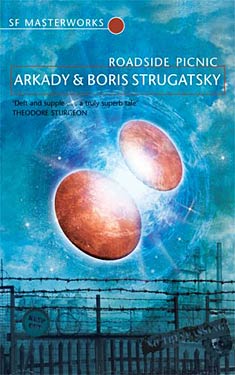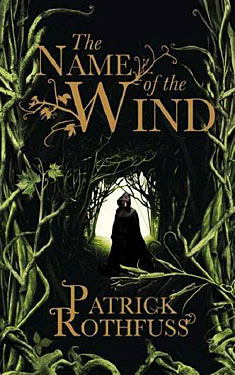Arkady & Boris Strugatsky
Completed 10/26/2017, reviewed 10/28/2017
3 stars
I was very confused by this book. I got the gist of it, but I didn’t understand
the point of the main story line. So,
the premise is that aliens visited the earth without us detecting them, and
left detritus, akin to the garbage left after a picnic. The main plot follows a young man, Red, who
is a “stalker”, someone who goes into the Zone where the detritus is left, and
collects these artifacts. He then sells
it on the black market, and even to the institute founded to study these
artifacts. It’s all very interesting,
but just didn’t work for me as a novel.
 I think the point of the story was that Red was an average
guy, just trying to make a buck to support his family. It was the only thing he knew how to do, so
he did it, and he was good at it. He
braved all the dangers in the Zone, like gravitational anomalies, corrosive
slime, and reproductive mutations, to bring back the treasures he could find
there, risking fines and imprisonment for going into the Zone unauthorized.
I think the point of the story was that Red was an average
guy, just trying to make a buck to support his family. It was the only thing he knew how to do, so
he did it, and he was good at it. He
braved all the dangers in the Zone, like gravitational anomalies, corrosive
slime, and reproductive mutations, to bring back the treasures he could find
there, risking fines and imprisonment for going into the Zone unauthorized.
What I didn’t care for was Red’s nature. He was an angry young man. As a characterization, it was very good, but unlikeable. He cursed and fussed and insulted everyone
and everything. He wasn’t a good-natured
soul. When a book’s main character is so
unlikeable, it’s hard for me to like the book.
The book is very short, barely 200 pages. It’s divided into four chapters. The premise isn’t revealed until the third
chapter. I think if I hadn’t read the
summaries of the book, I would have been pretty lost. I thought that the first two chapters would
have been very difficult to understand without knowing the premise. It’s also important to note that this book was
written in Russian, so the prose is quite a bit different than an English
language novel. The translation I have
is direct from the Russian. An earlier translation
was from the German and apparently not as accurate. I believe this translation includes much of
the language that was censored by the Communist Party.
One reviewer I read said that this book isn’t for the lazy
reader, and it is not. It requires
concentration, attention to detail, patience, and a tolerance for
ambiguity. I think I’m a lot less
tolerant than I used to be. I still give
this novel three stars because of the premise.
The aliens aren’t benevolent or aggressive. They’re simply indifferent. Their trash is our treasure, and it’s we who
must come to terms with who we are as we react to them.
